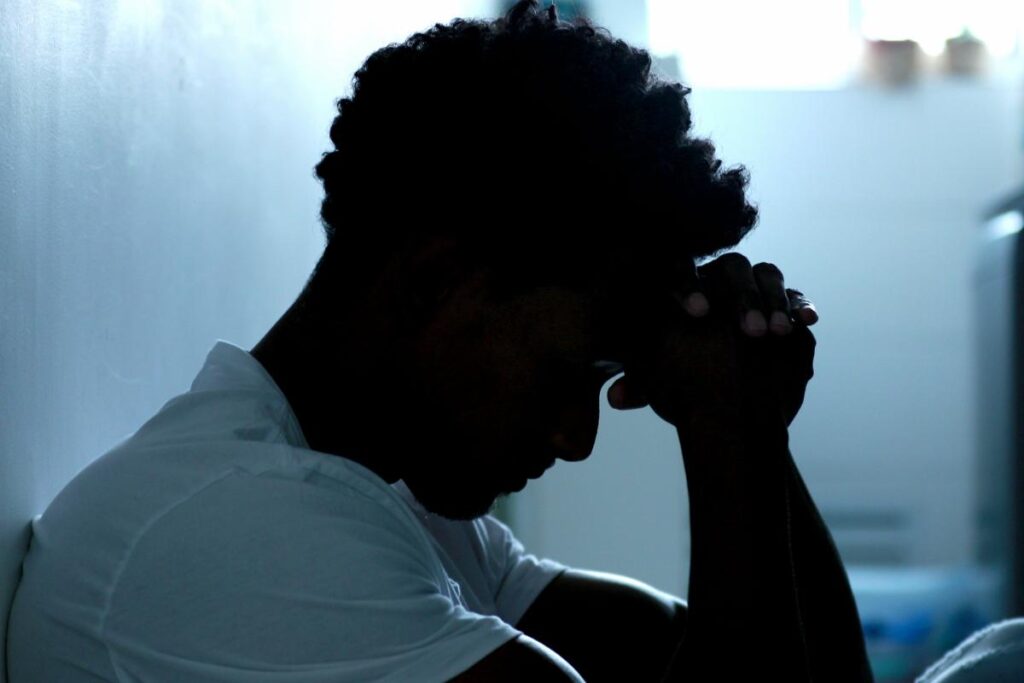In a world where addictive drugs are increasingly available, both on the street and via prescription, it is essential to be well informed. Many people are unsure about what the party drug known as ecstasy is and if it is the same thing as 3,4-methyl enedioxy methamphetamine (MDMA). They are, in fact, the same drug. Ecstasy is one common nickname for MDMA. Others include Molly, X, XTC, vitamin X, vitamin E, and Skittles. Regardless of what people call it, MDMA is a potentially dangerous and addictive substance. If you or someone you know is struggling with ecstasy or MDMA abuse, consider enrolling in an ecstasy rehab program.
At The Right Step Houston, our staff of experienced professionals provide evidence-based treatment for MDMA addiction. To learn more about this drug, why it is dangerous, and how to begin recovery, reach out to us today at 1.844.768.0169. We will answer your questions about ecstasy vs. MDMA and reassure you that you can live a drug-free life. Let us help.
What Is MDMA?
When 3,4-methyl enedioxy methamphetamine is sold as ecstasy or molly, it is often cut with other drugs to amplify some of its effects. Ecstasy is a Schedule I drug. That means it has no medical use and is highly addictive. Ecstasy can be consumed either by snorting or orally through a capsule or tablet, producing a euphoric high that elevates mood, alters time perception, reduces social inhibitions, and generates sensory effects.
Side effects also include:
- Agitation and increased movement
- Increased heart rate and blood pressure
- Hyper-alertness
- Paranoia
- Grinding teeth
- Overheating and dehydration
- Nausea/vomiting
- Sweating
- Tingling extremities
Long-term MDMA abuse can also lead to several health issues, including depression, hypertension, problems with memory and concentration, frequent colds or flu, and liver disease.
The potential for dependence and addiction to MDMA is a severe concern. Withdrawal symptoms can be both psychological and physical, ranging from insomnia and agitation to depression, anxiety, and paranoia. Other signs include restlessness, loss of appetite, memory lapses, difficulty concentrating, and irritability. If you’re struggling to quit MDMA or are experiencing any of these withdrawal effects, it may be time to seek help from an MDMA rehab center.
Other Party Drugs
Party drugs, also known as club drugs, are often psychoactive substances that change the way users perceive reality. These substances are generally illegal and obtained through illicit means. The appeal of party drugs among young people is notable; they pursue these drugs for various reasons. They look to expand their perceptions, reduce social anxiety, and self-medicate for mental health issues that impede them simply because it’s what everyone else seems to be doing.
In addition to MDMA, other popular party drugs include:
- Hallucinogens such as LSD, psilocybin mushrooms, peyote, PCP, ketamine
- Inhalants usually found in household, industrial, or medical products that vaporize, like nitrous oxide, solvents, amyl nitrate etc.
- Stimulants, both prescription, like Adderall or Ritalin, or illegal, such as cocaine or meth
- Depressants that affect the central nervous system, such as GHB or Rohypnol
All of these drugs are dangerous, though they are widely used by many young people who feel invulnerable to their risks. If you are using these drugs, including ecstasy, regularly, consider seeking help at The Right Step Houston.
Reach Out to The Right Step Houston Today About Ecstasy Rehab
When you speak to one of our compassionate and experienced professional staff members, you can ask any questions you may have about MDMA, addiction, and recovery in our program. We offer medically managed detox to help you through withdrawal, followed by an individualized treatment program that involves evidence-based, trauma-informed therapies, peer support, and both an inpatient and outpatient option, depending on what is best for you. Call us at 1.844.768.0169 or submit this online form to connect with us and start your recovery journey. Don’t let MDMA call the shots. You’ve got this.

